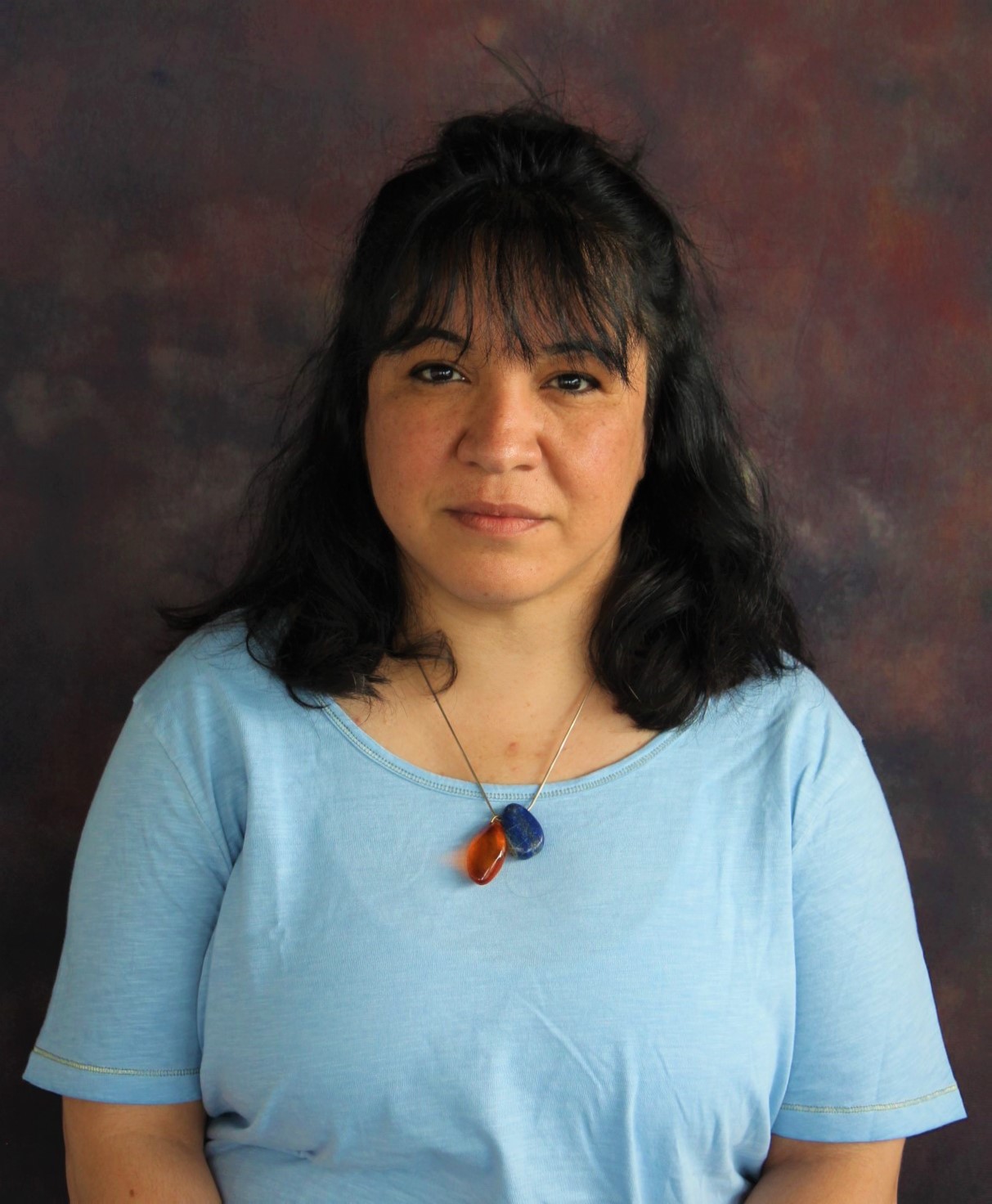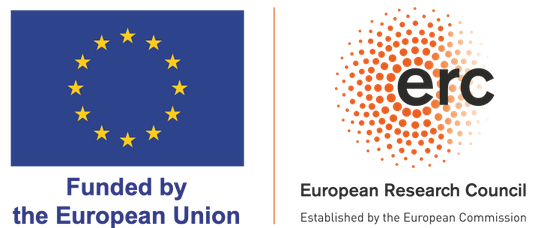Some birds, such as crows, manage to perform similar cognitive feats to chimpanzees with much smaller and differently structured brains. How do they do it? In the ERC project “Inquiries Into a Different Kind of Mind -Avian Mind”, Professor Onur Güntürkün intends to find answers to this question.
To this end, he is shifting his research focus away from the analysis of individual brain regions; instead, he is adopting the view that, depending on the thought process, changing networks of the forebrain hold the key to understanding cognition. To identify these networks, he will use a method developed last year in Bochum’s biopsychology department. It involves studying pigeons in the animal magnetic resonance tomograph at the Ruhr University’s Neuroscience Research Center while they solve difficult cognitive tasks. This allows networks of mental processes to be identified with high spatial resolution.
Using the same method in combination with the analysis of individual nerve cells, he then plans to understand how consciousness and intentions to act are formed in the avian brain. Further experiments will also test the hypothesis that birds form memory in a different way than we do. “These studies will open the door to understanding how a differently structured but extremely capable brain is organized,” says the researcher.
The project started in 2022.
(From the RUB press release)

Room: IB 6-105
Phone: +49 234 32 24328
Fax: +49 234 32 14377
Email: fatma.oeksuez@rub.de

Room: IB 6-135
Phone: +49 234 32 26804
Fax: +49 234 321 4388
Email: gianmarco.maldarelli@rub.de

Room: IB 6-97
Phone: +49 234 32 19291
Fax: +49 234 32 14377
Email: kevin.haselhuhn@rub.de

Room: IB 6-137
Phone: +49 234 32 26845
Fax: +49 234 32 14377
Email: mehdi.behroozi@rub.de

Room: IB 6-123
Phone: +49 234 32 24634
Fax: +49 234 32 14388

This work is supported by ERC grant "AVIAN MIND - Inquiries Into a Different Kind of Mind", project no. 101021354, funded by the European Union. Views and opinions expressed are however those of the author(s) only and do not necessarily reflect those of the European Union or the European Research Council Executive Agency. Neither the European Union nor the granting authority can be held responsible for them.